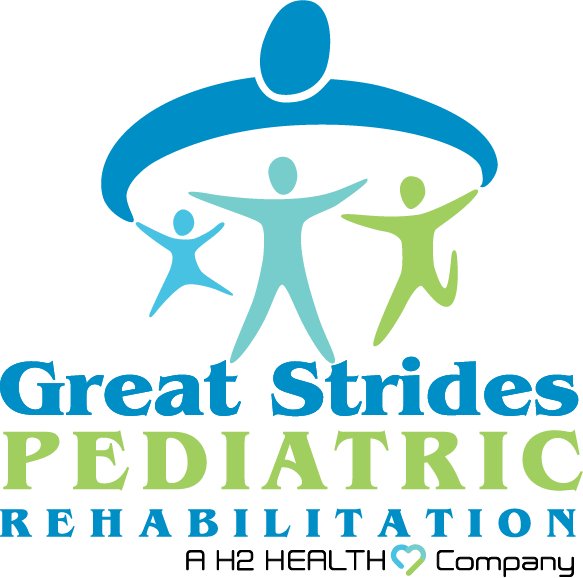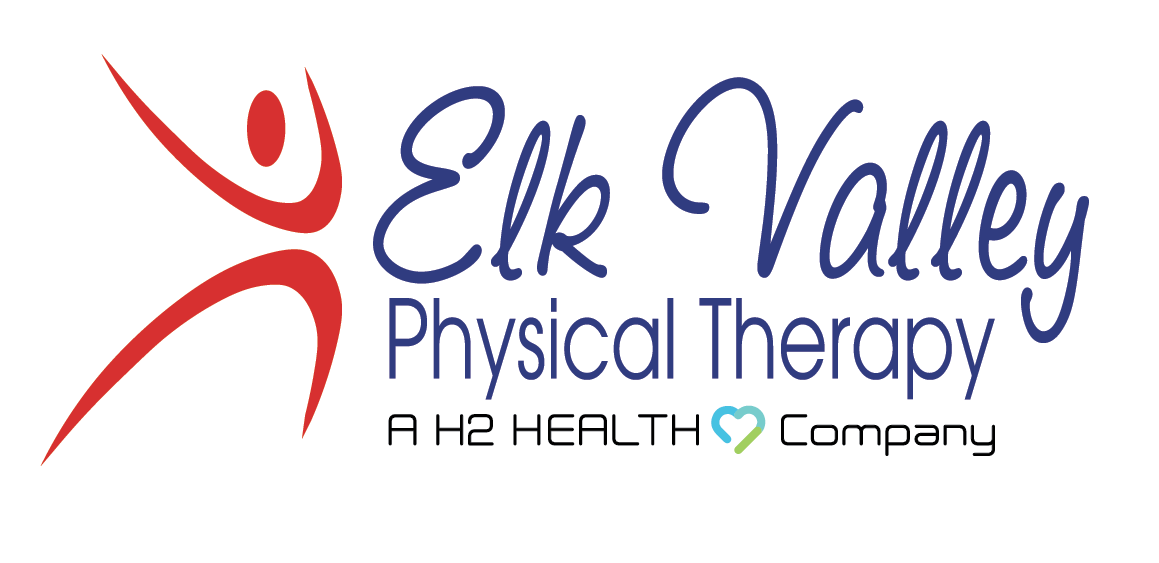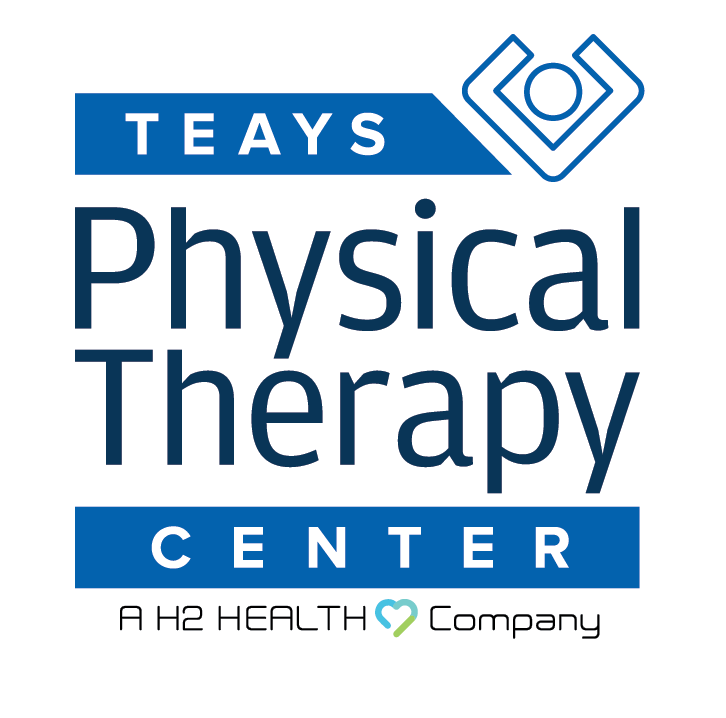
Physical activity is proven to be a positive influence on individuals with dementia, offering multiple benefits outside of medication. This guide provides explores the evidence supporting the therapeutic effects of physical activity on cognitive function, behavioral symptoms, and overall well-being in dementia patients. Regular physical activity has been linked to improvements in cognitive function, including memory, attention, and executive function, in individuals with dementia.
The Affects of Movement on Dementia
Physical Benefits
- Improved cardiovascular health: Regular physical activity can reduce the risk of cardiovascular diseases, which are common in dementia patients.
- Enhanced muscle strength and flexibility: Movement exercises can help maintain and improve muscle strength and flexibility, reducing the risk of falls and injuries.
- Better sleep patterns: Regular physical activity can promote better sleep quality and duration, which is essential for cognitive function and overall well-being.
Cognitive Benefits
- Improved cognitive function: Physical activity has been shown to enhance cognitive function, including memory, attention, and executive function, in not only people with dementia, but everyone at any age.
- Slowed cognitive decline: Engaging in regular physical activity may help slow the progression of cognitive decline associated with dementia.
- Enhanced mood and behavior: Movement-based activities are proven to show improvements in mood, agitation, and behavioral symptoms commonly associated with dementia patients.
Social & Emotional Benefits
- Increased social interaction: Group-based activities that involve movement promote social engagement and reduce feelings of isolation and loneliness.
- Enhanced sense of well-being: Regular physical activity can boost mood, self-esteem, and overall quality of life in dementia patients.
Considerations
Encouraging physical activity in dementia patients not only benefits the individuals themselves but also alleviates caregiver burden. Caregivers report improved mood, reduced stress, and enhanced coping skills when their loved ones engage in regular physical activity.
While physical activity is shows to have many benefits, it is important to tailor the exercise programs to the level of the person. Abilities, preferences, and safety should be taken into consideration when creating a routine. It is also important to vary the type of physical activities. A combination of aerobic, strength, flexibility, and balance exercises can provide comprehensive benefits and decreases overuse injuries. Dementia patients may require supervision and
guidance to ensure safe participation in movement activities.
Physical activity has been shown to reduce agitation, aggression, and wandering behaviors commonly observed in dementia patients. Engaging in structured exercise programs or even simple activities like walking can promote relaxation, improve sleep quality, and enhance overall mood. Occupational therapy and physical therapy are integral components of dementia care that can help encourage movement in a safe supervised environment. Collaboration between healthcare professionals, including occupational therapists, physical therapists, and other specialists, is essential to provide comprehensive care for individuals living with dementia.
Remember that every individual with dementia is unique, and their needs may change over time. Continuously assess the quality of care your loved one is receiving and be prepared to make adjustments as necessary to ensure their safety and happiness in a care community. We work on exercises and stretches that prevent falls before they happen. To learn more, call (904) 618-3778 or email seniorservicesfl@h2health.com.
For more resources, check out the Alzheimer’s Society.
To schedule an appointment or consultation, reach out to us.
Sources:
- Alagiakrishnan, K., Bhanji, R. A., Kurian, M., & Evaluation, S. M. (2013). Dysphagia in Dementia: An Overlooked and Undertreated Problem. Journal of the American Medical Directors Association, 14(3), 178-181.
- Chen, C. C. H., Li, H. C. W., Liang, J. M. C., & Lin, L. C. (2019). The effectiveness of environmental modifications for improving nutritional intake in older adults with dementia: a systematic review and meta-analysis. Journal of Advanced Nursing, 75(8), 1573-1585.
- Gillette-Guyonnet, S., Nourhashémi, F., Andrieu, S., Cantet, C., Albarede, J. L., Vellas, B., & the REAL.FR Group. (2000). Weight loss in Alzheimer disease. American Journal of Clinical Nutrition, 71(3), 637S-642S.




































